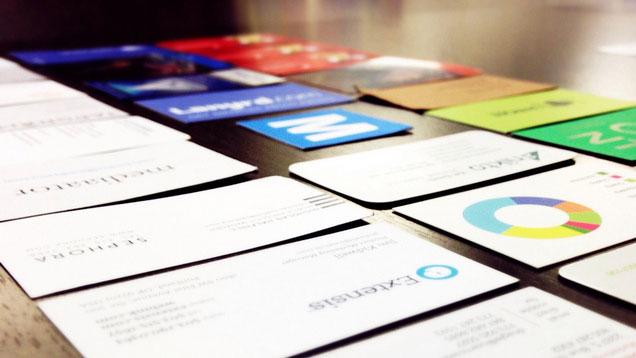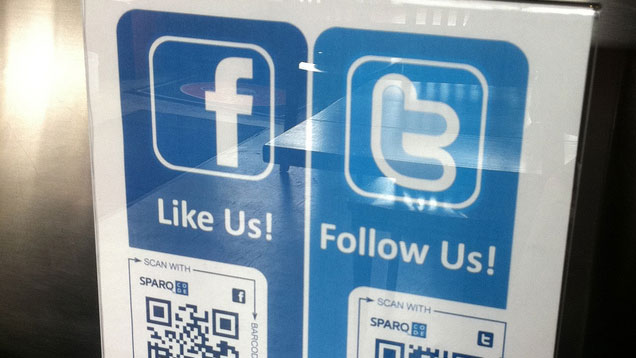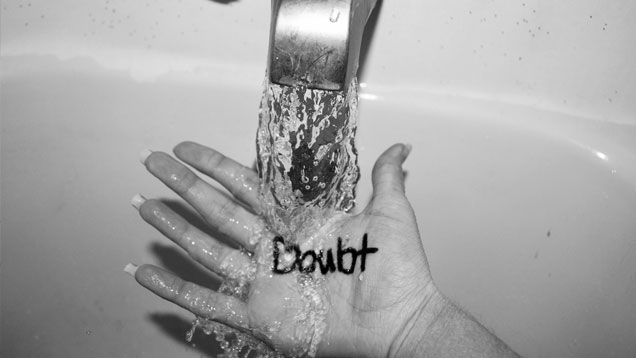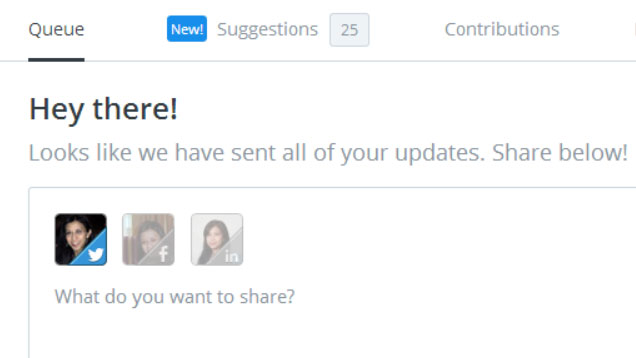There’s a reason “shameless” and “self-promotion” tend to go together: Few people enjoy promoting themselves or their work. It feels gross and shameful
. Self-promotion gives me the heebie-jeebies too, but I’ve been learning to handle it better.
Pictures: HitToon.com (Shutterstock), felichy (Shutterstock), kurafire, Guerrilla Futures/Jason Tester, _scartissue, opensourceway
Self-promotion, via social media, has increasingly become a more important (and required) part of the job for online writers like myself. Musicians, authors and other creative people (self-published or not) — as well as small business owners and freelancers — are also often responsible for constant online and offline marketing if they expect to reap more of the profits.
Regardless of your line of work, chances are you need to promote yourself to get ahead or just to get a raise or a new job. Your boss most likely isn’t as acutely aware of your achievements and contributions as you are, and so you have to toot your own proverbial horn. We’re here to say that this is ok and you can get more comfortable with self-promotion, for at least a couple of reasons:
1. It’s No Big Deal

You and I probably both hate promoting our own stuff, but at the same time, don’t blink when others promote theirs. Someone I know on Facebook posts photos of her paintings as works in progress before she sells them; I don’t even hesitate to like them — it feels like she’s sharing something cool with us. It’s a chance to connect to someone else or join a discussion or maybe learn something new. But this is easy to forget when you’re talking about your own work and afraid people will think you’re being sleazy by promoting it.
Self-promotion isn’t just accepted on social media and in networking situations, it’s expected. Not only is it par for the course, some people even unfollow inactive accounts that never get status updates (they’re following you for a reason, after all). The moment I realised some of my favourite online personalities consistently and regularly share what they have done — share, not sell or brag — was the moment I gave myself the ok to do so more often. It’s not always as icky as it feels.
2. Promote Your Stuff, But Also Be Yourself

Social media and branding experts tell me that it’s all about authenticity and engagement, connecting with your audience rather than just talking at them. But let’s face it: it’s pretty hard to mask a “I just wrote this, here’s my link” social post or “Hey boss, look at this awesome compliment our client just gave me” as just natural conversation. It’s obviously self-promotion. But, as mentioned above, that’s OK.
The key is to not bombard people with so much sharing of your work. It doesn’t matter if you tweet once every six months or once every six hours (or email your boss with status updates at the same intervals): you just have to talk about it as if you aren’t a spambot, and also balance your self-promotion with things that are interesting to you and the people you’re talking to.
About five years ago, when I started writing online regularly, I had my social media posts on auto-pilot. Title of post plus link to post, twice a week. The urge to unfollow myself should have been a clue that this was a terrible strategy. (People expect that automatic self-promotion from companies or brands, not human beings.)
The Terrible Minds blog recommends a 10-25 per cent ratio between self-promotion and other regular posts. For every “look at my work” effort, have three to nine other communications with your audience. In other words, don’t be noisy with too many self-promos.
3. Overcome Your Self-Criticism

We all have Imposter Syndrome. Although that can be a good thing, self-promotion requires us to overcome those feelings of being a fraud and share your work as if you think others will see value in it.
It’s easier to promote your work when you believe in it and think others would too, so you have to learn to silence your inner critic.
4. Self-Promotion Can Force You to Step Up Your Game

I used to think of self-promotion as a necessary evil, but it can be a great motivating force as well. As much as the term “personal brand” also feels gross, the truth is I care about my reputation and integrity, and that’s forced me to try to always improve my work so that it is share worthy. I don’t want to share crap. Similarly, when going to networking events or meeting new people, I want to be proud to share, if asked, examples of what I do (otherwise, I’d be in the wrong profession).
As Column Five notes, “Your message is only as good as your ability to share it.” (They’re talking about the value of visualisation, but the quote seems appropriate here.)
Others’ feedback and responses to the things you share will also keep you moving and improving and engaging with others — which is really the biggest benefit to self-promotion, I think.
5. It’s an Ongoing Process

No one wakes up one morning and is suddenly a self-promotion genius or social media expert. Some of the people who do it best — James Altucher comes to mind — have been doing this for a while. And by “doing”, I mean experimenting with what works best.
I’m not really very good at self-promotion and I’m still learning how to balance promoting my stuff or simply sharing interesting things (it takes a lot of effort!), but that’s OK. In the meantime, I’m building up my confidence, or faking it ’til I make it.
If any of this sounds familiar to you, you can too.

Comments